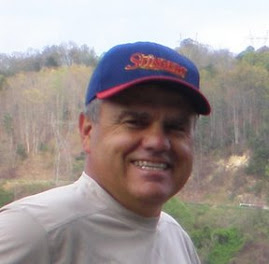American Lightning: Terror, Mystery, The Birth of Hollywood, and the Crime of the Century is a 2008 book by Howard Blum. The century is the last one, the terror is homespun, and the security is provided by the man who became the first director of what we know today as the FBI.
All I can say is, "Wow!" What do you think the Crime of the Century might be? I didn't even know it happened. Early in the morning of October 1, 1910, an explosion ripped through the Las Angeles Times building. 21 people were killed by the explosion, the fire that followed, or by jumping out the windows of the building on fire.
The terrorists were not foreigners, but labor union employees. In the early part of the 20th century labor unions waged a terrorism campaign against any building project that wasn't being constructed with union labor. The L. A. Times was pro business in those days, drawing the ire of the unions.
The man responsible for breaking the case was later charged with using unconstitutional methods in his investigation, arrest, and transportation of the bombers. William J. Burns was a private detective hired by Las Angeles to solve the case. When the city became unhappy with the lack of progress they quit paying and Burns borrowed the funds to continue the case.
The famous lawyer, Clarence Darrow was the attorney for the defendants. He was later put on trial for bribing potential jurors and in a trial similar to OJ was acquitted in one trial and achieved a hung jury in the other. Jurors split 8 to 4 in favor of a guilty verdict.
The Hollywood angle is interesting. There was no film industry in Hollywood in 1910. Moving pictures were just coming into existence. During this time, in addition to telling a good story, they were attempting to change the attitudes of the American public on the social issues of the day. They were as successful at it then as they are today.
I had two prevailing thoughts as I read this book. The first was a smoldering resentment that I had never heard this story about the union terrorism before. I think I am better versed than the average American in history, it was my minor in college. But this was a part of the Union/Management debate that I had never heard.
The second was how easy it is for visual media to present viewpoints that the public at large accepts without question. They were just learning to do that in 1910. They are experts at it today. It was only in the Movies then, it is on TV everyday now. The movies were 15-20 minute films that showed in cinemas, and were 5 cents a ticket. New ones were out every few days. It was probably closer to television drama than the movie blockbusters for today.
It is an interesting book. I recommend it.
Sunday, February 14, 2010
Subscribe to:
Posts (Atom)

